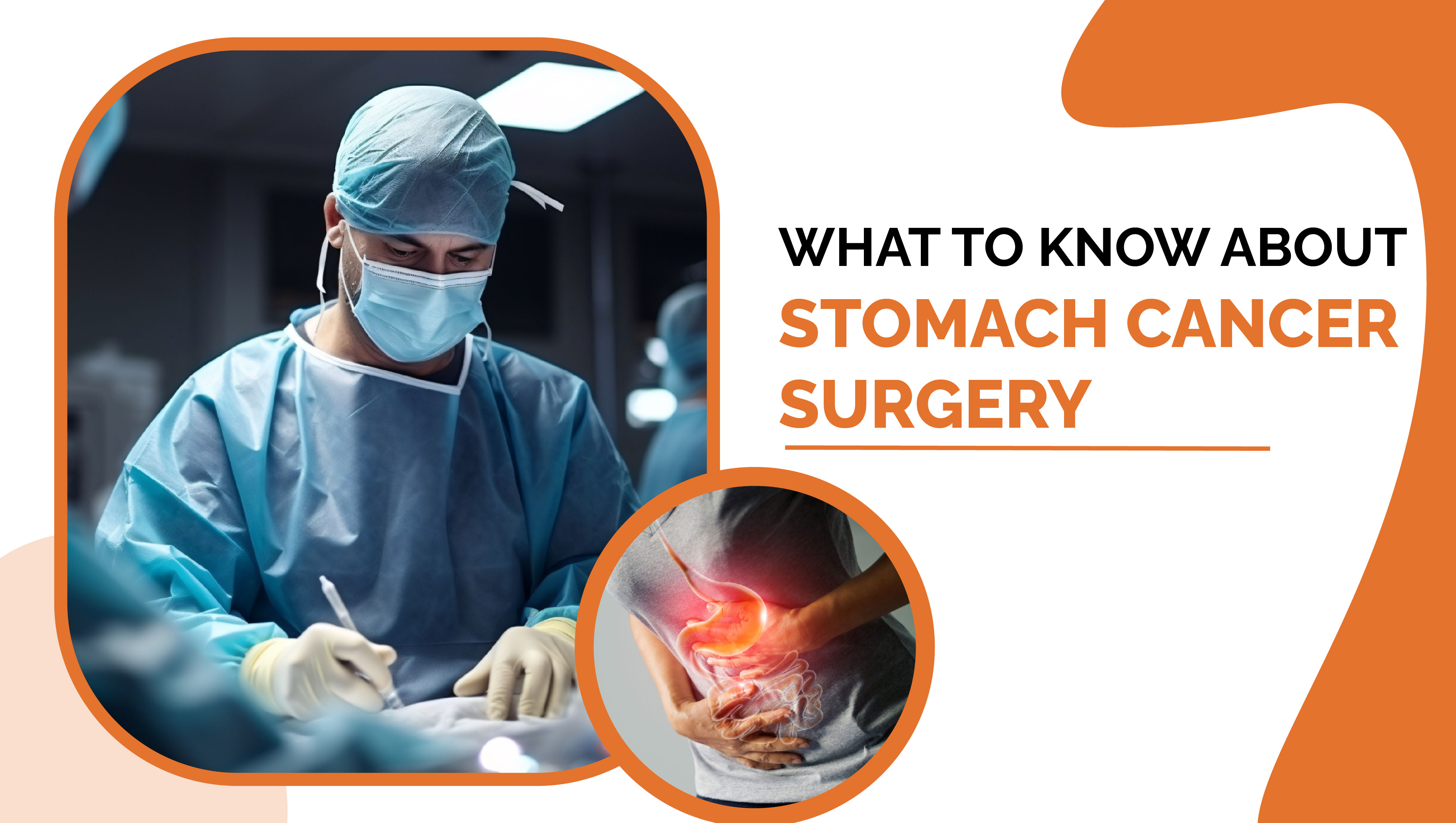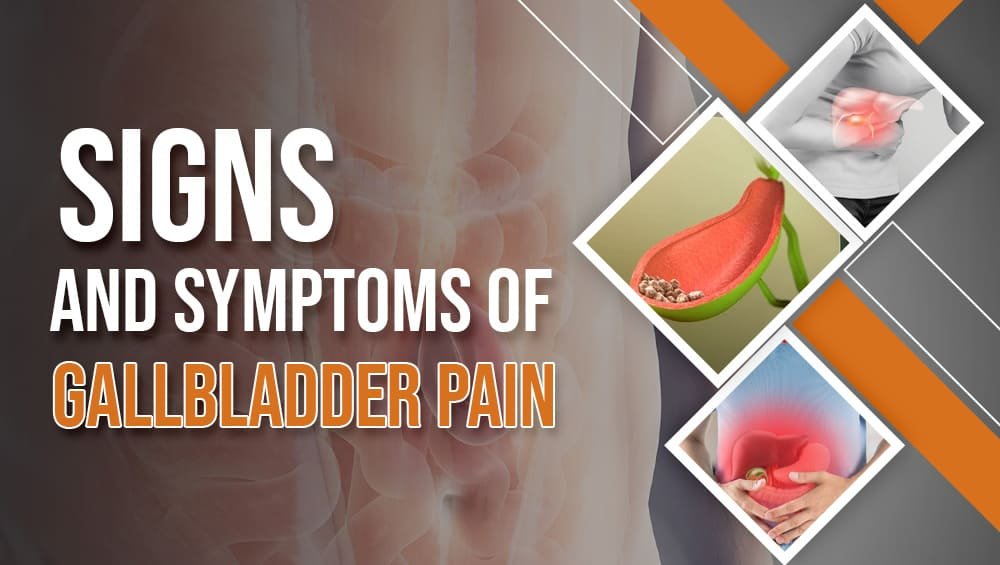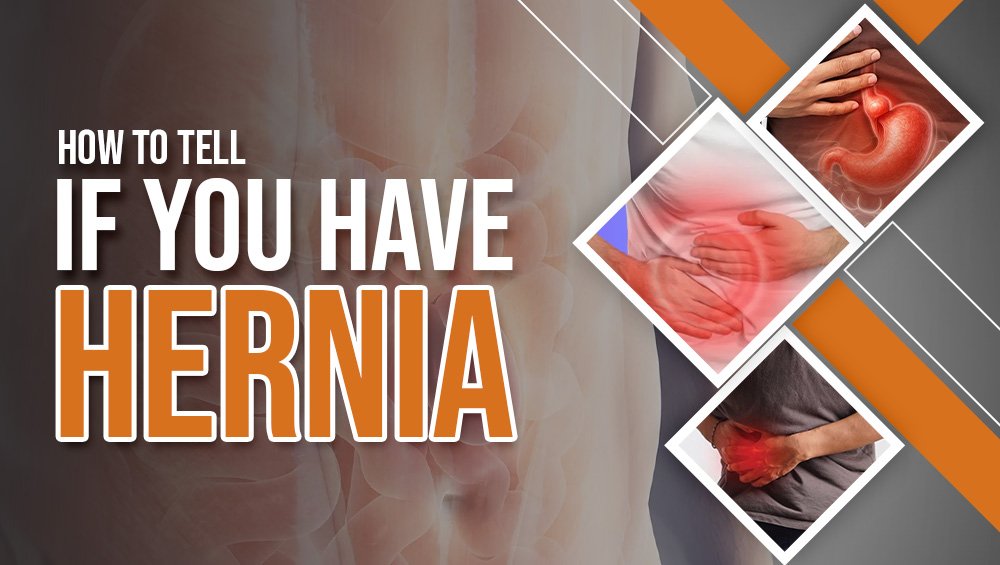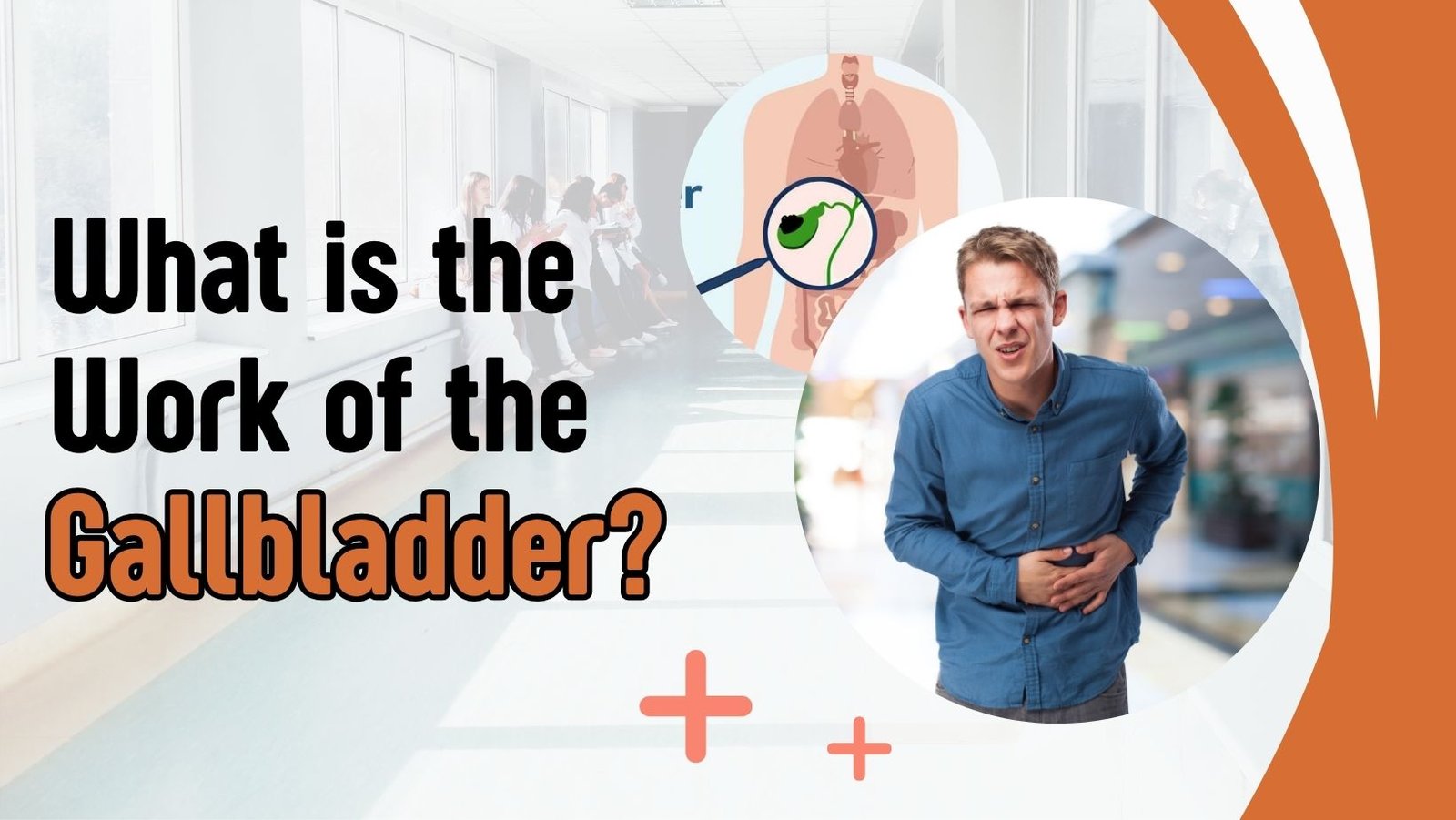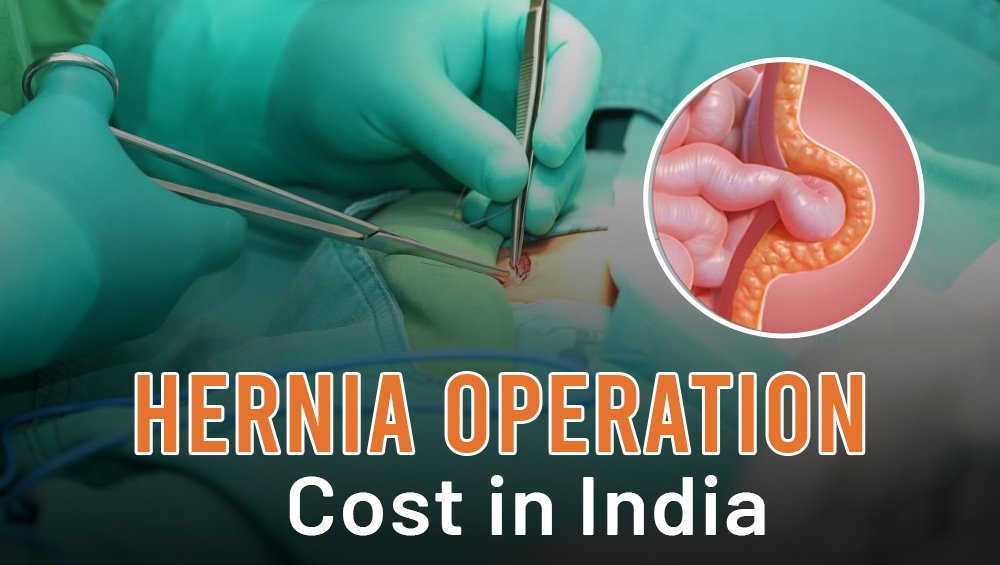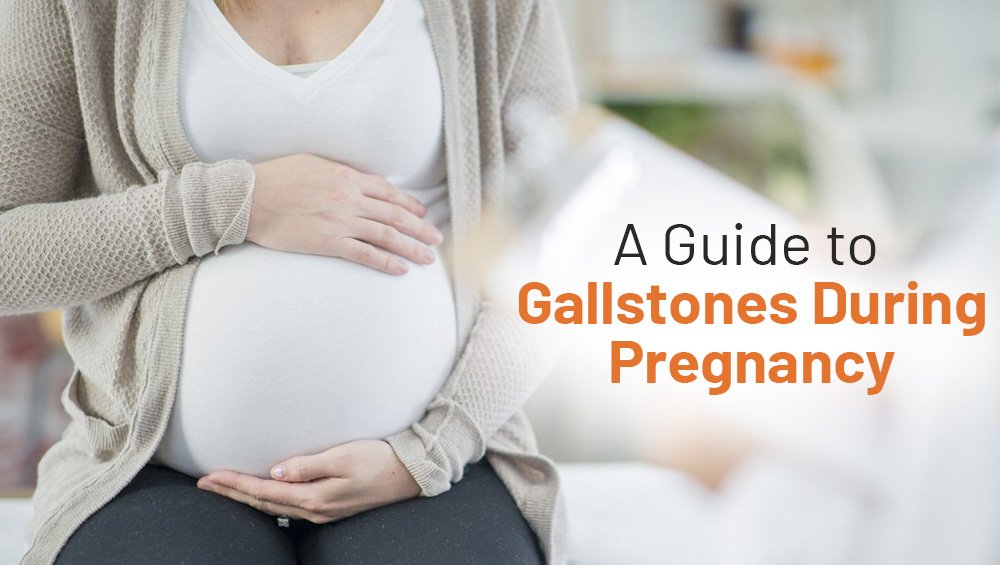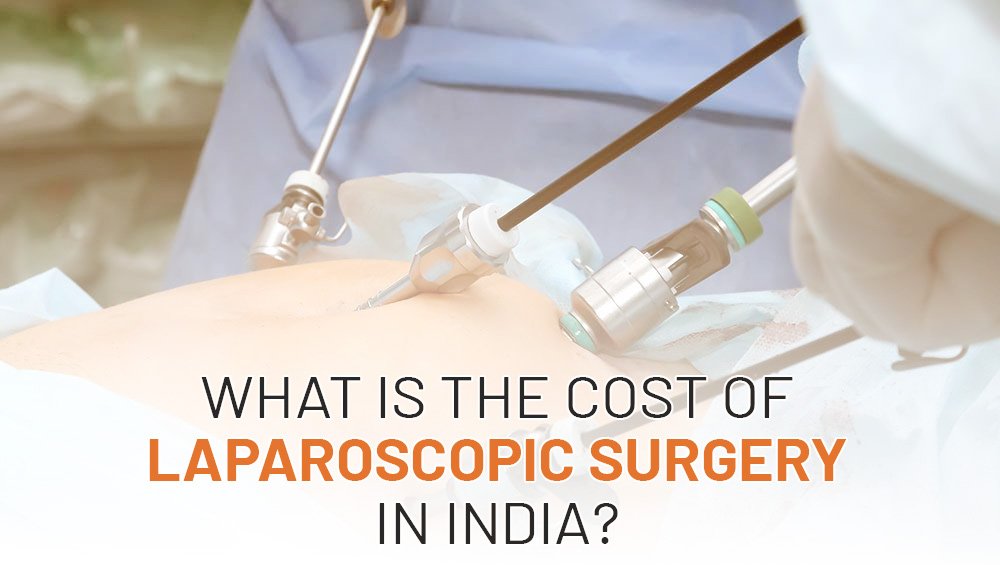Stomach (gastric) cancer is one of the more aggressive forms of gastrointestinal cancer. It is also a disease that frequently grows quietly in the body. and is often diagnosed at a late stage, after symptoms have become apparent. Although chemotherapy, radiation and targeted therapy will be involved when it comes to treatment, surgery continues to be the most effective method for long-term survival for people with stomach cancer — even more so when the disease is caught early or in localized stages.
In this blog, we will guide you through the significant elements of gastric cancer surgery and address common questions you may have such as what patients can expect following surgery, types of procedures, and why it is important to choose a highly qualified surgical specialist.
Understanding Stomach Cancer And How It Progresses
Stomach cancer often starts in the inner lining of the stomach and can spread deeper into the stomach wall, nearby lymph nodes or other organs, such as the liver, pancreas or colon. Stage at diagnosis has a major impact on selection of treatment.
Common symptoms include:-
- Unexplained weight loss
- Dyspepsia or chronic heartburn
- Nausea and vomiting
- Fullness after a small amount of food
- Blood in stool or vomit
- Fatigue or weakness
Early detection can greatly enhance the treatment potential. Following diagnosis, surgery for stomach cancer frequently forms the mainstay of treatment.
What Is The Surgery for stomach cancer?
Stomach cancer surgery (gastric cancer surgery) is the procedure to remove a part or all the stomach with cancer. The aim is to remove the tumor completely and avoid spread of the disease.
Your doctor will advise you on which type of surgery you will need for your stage and location of the cancer:
Subtotal (Partial) Gastrectomy
Subtotal Gastroctomy is also known as Partial Gastrectomy. The cancerous part of the stomach is the only part removed in this operation. This is often done when the tumor is in the lower part of the stomach. The other part is attached to the small intestine so digestion can continue.
Total Gastrectomy (complete stomach removal cancer)
When the cancer has invaded the entire part of the stomach, the removal of the entire stomach in the cancer surgery is required. As the esophagus is directly linked to the small intestine, patients need to commit to permanent changes in dietary and lifestyle habits following the surgery.
Lymph Node Dissection
Any nearby lymph nodes are also taken out and checked to see if the cancer has spread.
Less Invasive Techniques (Laparoscopic or Robotic Surgery)
In modern technology, robotic gastric cancer surgery is able to improve the accuracy of the operation and reduce the complications and recovery period of patients after the operation. These approaches are just now beginning to be accessible in specialized hospitals.
When Is Surgery Recommended?
Surgery is often the best treatment option where:
- The cancer is limited to the stomach or nearby lymph nodes
- The tumor is operable and has not spread widely
- The patient is physically fit for major surgery
In some cases, chemotherapy or radiation is administered before surgery (neoadjuvant therapy) to reduce the tumor and increase the chances of success in surgery. In some cases additional procedures or operations may be performed to remove additional disease following initial treatments.
Risks and Complications
Stomach cancer surgery, like all major operations, has risks, including:
- Bleeding
- Infection
- Surgical connections that leak
- Blood clots
- Malnutrition (particularly after total gastrectomy)
But not when you have a very experienced and skilled gastro surgeon using latest techniques for the same.
Recovery After Stomach Cancer Surgery
The recovery period depends upon the type of surgery for stomach removal cancer, and the patient’s general health. Typically:
- The patient's duration of hospitalization is from 7 to 10 days.
- The initial diet is liquid, soft, and then solid foods are reintroduced.
- Complete resolution may require 4 to 6 weeks
Patients may initially suffer weight loss, fatigue, and gastrointestinal symptoms. In the situation of gastric resection cancer, lifelong dietary modifications, vitamin supplements, and periodic monitoring are required.
Life After Stomach Removal
Not having a portion or all of your stomach is something you have to get used to, physically and emotionally. Following are some important steps following the surgery:
- Having smaller, more frequent meals
- Eluding foods with high sugar or fat content
- Staying hydrated
- Receiving vitamin B12 and other supplements when these are ordered.
Collaborating with a nutritionist and your surgical team will help you keep your strength and quality of life during and after surgery.
Why Your Surgeon is so Important
The experience of the surgeon is important to achieve successful gastrectomy for cancer. Prior experience with complex GI surgery, knowledge of the behavior of tumors and the use of advanced laparoscopy or robotic instruments can greatly impact both quality of outcome and recovery.
Dr. Ajay Yadav – Best Gastro Surgeon in Lucknow
Regarded as the top gastro surgeon in Lucknow, Dr. Ajay Yadav comes with unparalleled experience in robotic and laparoscopic GI surgery, such as stomach cancer, and stomach removal surgeries.
Dr. Yadav is highly recognized for his extensive decade of expertise in the following:
- Minimally invasive surgery
- Very low complication rates and rapid recovery
- Individual care and patient-tailored management
His recent achievement in successfully running the first robotic radical cholecystectomy at Sahara Hospital is a clear evidence of his leadership in advanced surgery innovation.
If you are thinking of open stomach cancer surgery or want to know about gastric cancer treatment procedure; Dr. Ajay Yadav is a name to reckon with in terms of care and comfort.
Conclusion: Buy Control of Your Health Now
The prospect of having stomach cancer can seem overwhelming — but with the appropriate understanding and the right surgeon, hope and healing are possible. When done with skill and precision, surgery for gastric cancer provides a real opportunity for a longer, healthier life.
Get expert care as soon as possible!
Schedule Your Consultation with Dr. Ajay Yadav Today
For your health, only trust the best gastro surgeon in Lucknow. Trust in Dr Ajay Yadav as he leads you through your diagnosis, treatment, and recovery with confident care.
- Robotic & Laparoscopic GI Surgeries
- Advanced Stomach Cancer Therapy
- Thousands of Patients Have Trusted Us
Recovery begins with the right decision. Choose excellence. Choose Dr. Ajay Yadav.
